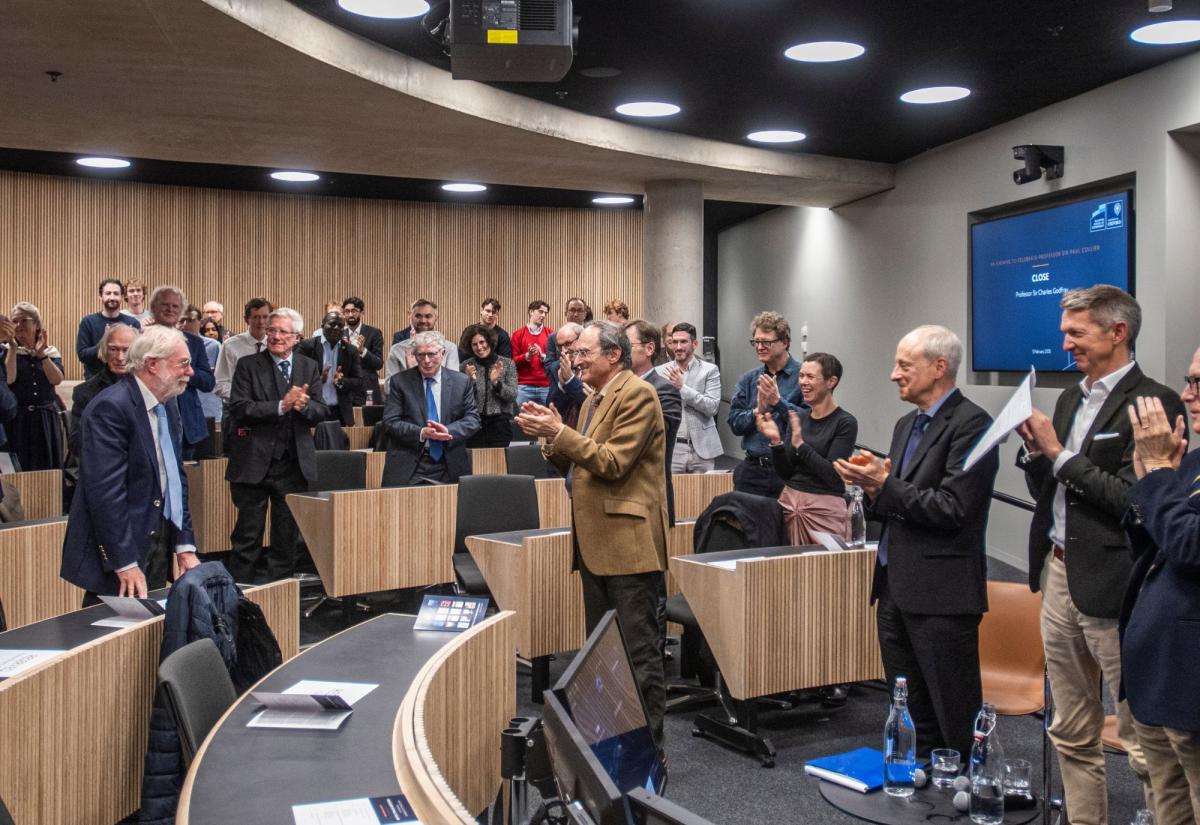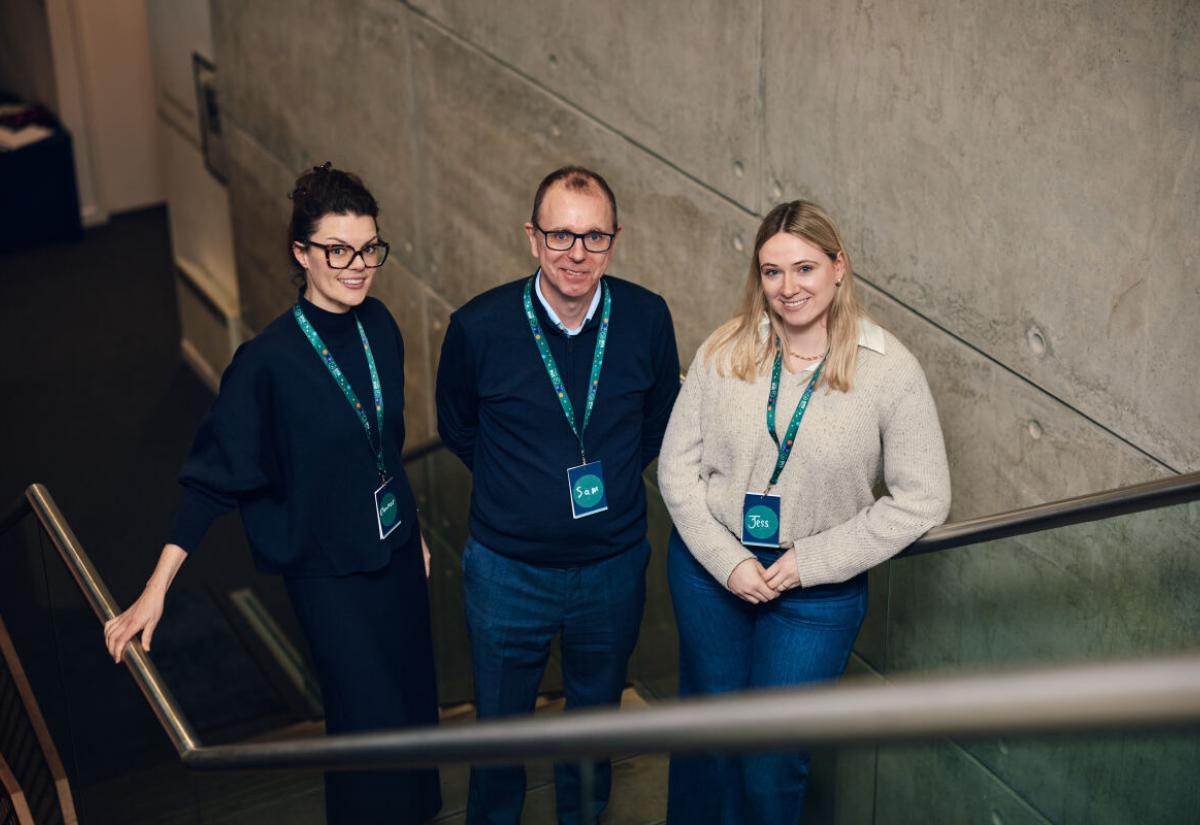At the start of the second week of climate talks in Lima (Peru), the Blavatnik School of Government has joined forces with the Natural Resources Defense Council (NRDC) and the Stanley Foundation to host “Catalysing climate action at all levels”, a workshop to discuss how to best support ‘bottom up‘ climate actions.
According to the Climate Initiative Database there are over 200 climate initiatives through which over 18,000 actors are coming together to take specific actions to mitigate and adapt to climate change. Everyone from governments to international organisations recognise their importance and potential in the run up to the next global climate agreement due in December 2015.
The latest in a series of meetings – of which a recent one in Oxford - the workshop will bring together key participants from governments, international organisations, the private, sector, civil society, and academia to discuss the “architecture” to best leverage the groundswell of actions. It will also update participants on efforts to support and catalyse climate actions by cities, corporations, and regions and provide a forum to discuss how to best take these ideas forward.
Previous discussions and research efforts have led to broad agreement on three key concepts:
- Climate actions will be essential to meet global goals on climate change.
- A network of leading organisations could be formed to play a convening and supporting role on an ongoing basis.
- An online data platform could provide a valuable tool to showcase, aggregate, analyse, and improve accountability of climate actions.
The Blavatnik School, NRDC, and the Stanley Foundation have compiled draft proposals for both a leadership network and a global platform based on the workshops and discussions of the last year. These documents will be presented as drafts to encourage feedback and inputs.
Read our policy memo about a registry for climate actions.
Read more about Thomas Hale, Blavatnik School of Government Associate Professor and main organiser of this initiative.



